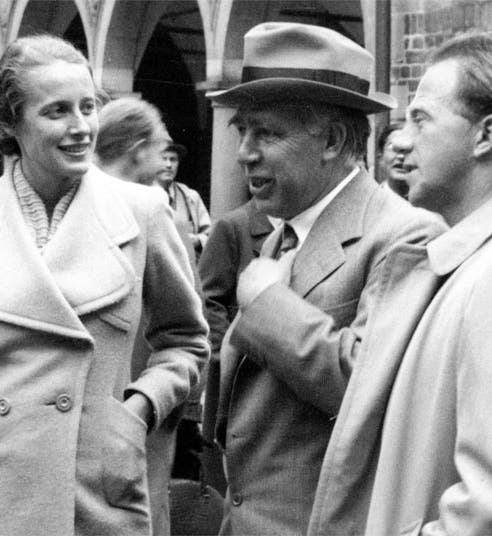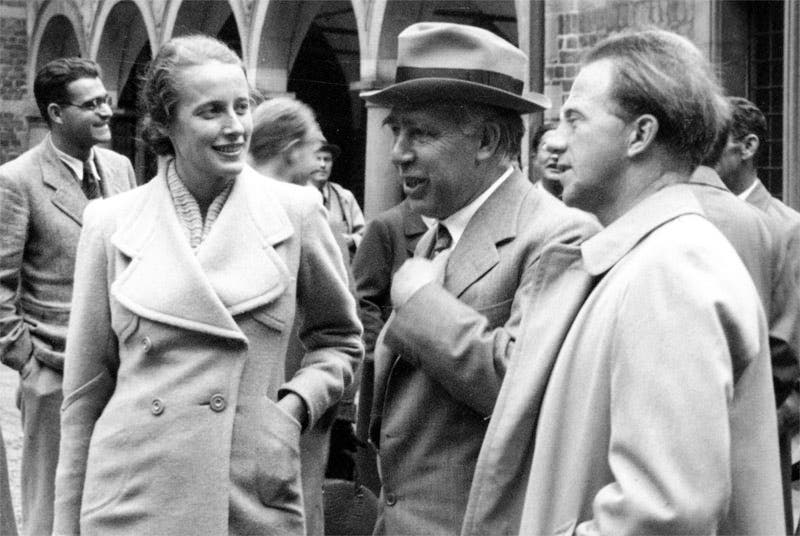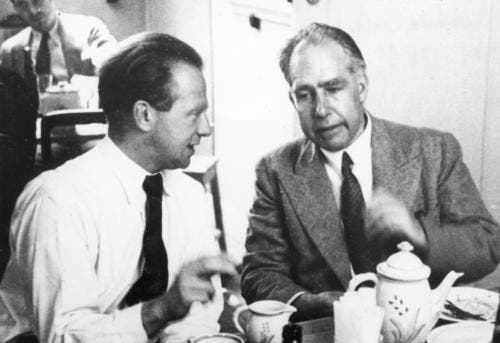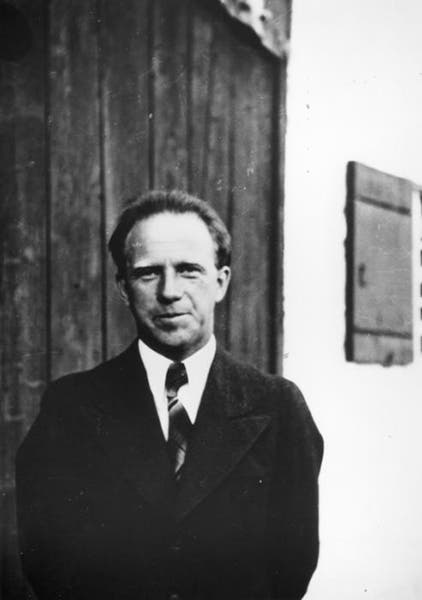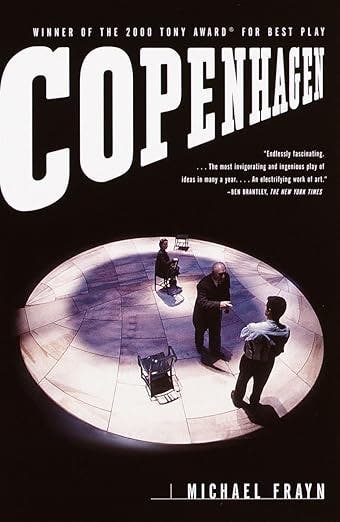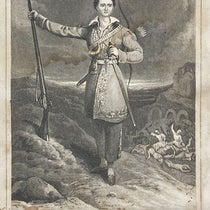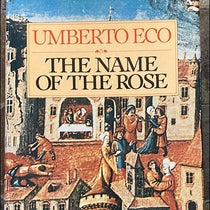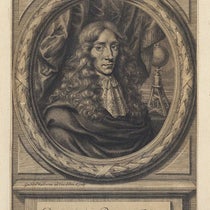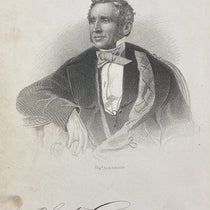Scientist of the Day - Werner Heisenberg
Werner Heisenberg, a German nuclear physicist and one of the founders of quantum mechanics, was born Dec. 5, 1901. Six years ago, on his date, we published a post on Heisenberg and his most famous discovery, the uncertainty principle, one of the cornerstones of quantum physics. Today we discuss a darker moment that occurred in the fall of 1941, in Copenhagen. At that time, World War II was well under way, and Heisenberg was a major figure in the German effort to develop atomic weapons. He was also a golden boy of the German propaganda ministry, and regularly travelled to the various German Cultural Institutes that had been set up in all the countries Germany had conquered. Denmark had been overrun by German forces in 1940, and Heisenberg was in Copenhagen in September of 1941, on such a speaking tour, when he requested to meet privately with Niels Bohr. Bohr and Heisenberg had known each other since the 1920s, and Heisenberg had spent a great deal of time at the Copenhagen Institute run by Bohr. Bohr had been the first to apply quantum theory to the atom, back in 1914, and he was very much a father figure to Heisenberg.
No one knows precisely what was discussed at this meeting, held at Bohr’s home, with only Bohr’s wife Margrethe present, but afterwards, Bohr was visibly shaken and distressed, and a rift developed between the two men that never healed. So the big questions have always been: why did Heisenberg want to meet privately with Bohr, and what did they actually talk about?
At that time, the German effort to build a bomb was not going anywhere. They knew about plutonium and how to make it, and they had designed a reactor using heavy water as a moderator, but they had not built such a reactor, and never would. The funds allotted to Heisenberg’s group was minimal, as was the level of staffing.
Some think that Heisenberg was trying to find out, from Bohr, details about Allied work on the bomb; others suggest that Heisenberg might have been fishing for a reason to delay the German bomb effort, or, conversely, might have been trying to convince Bohr that German domination was inevitable and should be accepted. He had said as much on other occasions.
In 1998, a play opened in London, called Copenhagen, and written by Michael Frayn, that attempted to reconstruct the 1941 meeting between Heisenberg and Bohr, moderated by Bohr's wife Margrethe. The play was very well received, considering its dense and intense subject matter, and it opened on Broadway in 2000, where it won a Tony award for best play. It was then made into a 2002 film by PBS.
In the play, Frayn presents a Heisenberg who could have built a bomb but did not, because he had moral qualms about using science to facilitate mass destruction of human life. Heisenberg himself had suggested as much in the late 1950s. But most historians see no indication in the historical record that Heisenberg was not trying his best in the German bomb effort – they were just outmanned and out-financed by the Americans. As it happened, by 1942, the German bomb effort was essentially shut down, with resources going instead to the V1 and V2 rocket programs.
Several years after Copenhagen had become so successful and raised such provocative questions, Bohr’s family released 11 documents, either notes or letters to Heisenberg that Bohr had written but never sent, all dating from the late 1950s. The letters, with an explanation, used to be available online, but I cannot find them now. I do remember reading them and concluding that they did not shed any light on what was really said on that September day of 1941, and why Bohr was so upset.
But I did discover, to my surprise, that the 2002 PBS film adaptation of Copenhagen is available on YouTube. Stephen Rea gives an excellent performance as Bohr – he even leaned to walk like Bohr – but the big surprise was the casting of Heisenberg, played by a pre-James-Bond Daniel Craig, who gives no indication here, in my opinion, that he would become a really good actor. You can make up your own mind, if you are up for nearly 2 hours of intense dialogue, by clicking on this link. There is a prologue by the playwright, Michael Frayn, preceding the film.
If you read these posts as they are published, you are aware that yesterday’s entry, by the coincidence of chronology, was about essentially the same subject, the German bomb effort during World War II, although the featured scientist was an American, Samuel Goudsmit, who went to Europe at the end of the War to find out how close the Germans had come to building a bomb. We commented that the German scientists captured were sent to Farm Hall in England as part of Operation Epsilon, where they were confined and their conversations taped. Heisenberg was one of those men, but the recordings, which have been transcribed and published, shed no further light on what he and Bohr discussed in 1941.
William B. Ashworth, Jr., Consultant for the History of Science, Linda Hall Library and Associate Professor emeritus, Department of History, University of Missouri-Kansas City. Comments or corrections are welcome; please direct to ashworthw@umkc.edu.

